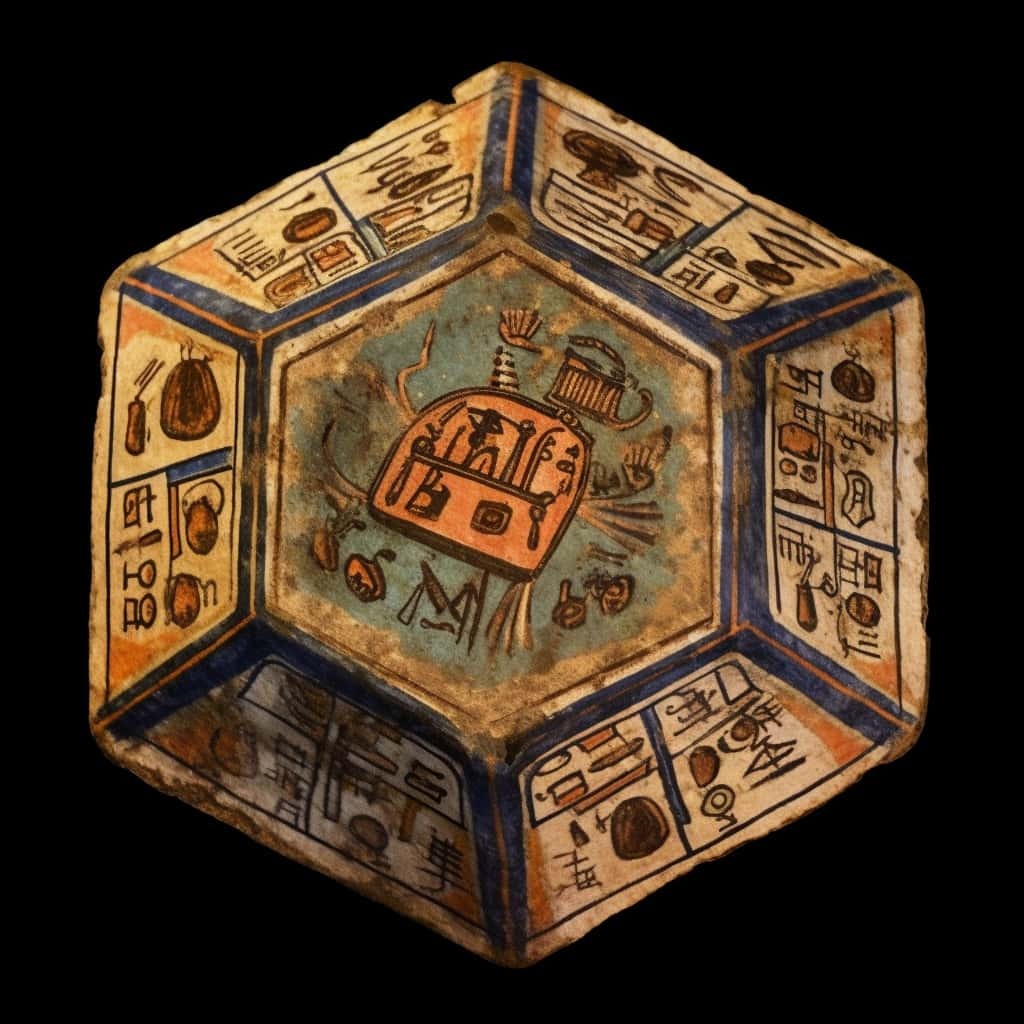I’ve never actually run any of the old modules like Keep on the Borderlands or anything like that. I’m much more used to homebrewing a setting entirely or at most grabbing a few elements from a published adventure (I took a bunch from Willow, for example). I think this is why most of my favorite systems tend to be more in the NSR camp; I just never end up needing compatibility with older material.
Is running retro adventures in their entirety the most common practice for OSR tables? Or is the homebrew approach how most people are doing it?


I’ve tried running some of the older modules, but they lack the streamlined playability that seems to be a large part of the OSR scene. Keep on the Borderlands, while seminal and deeply influential, doesn’t have a great layout. It’s writing is in big block columns of text that make it challenging to find the information you want when you’re at the table. I tend to like reading through the older adventures for inspiration more than to run them. I find myself gravitating towards newer gonzo adventures like the stuff in DCC.
That’s something I did notice. It seems like a lot of more modern modules are better organized for use at the table. The old modules I’ve read almost seemed to expect the GM to write down their own run sheet instead of actually using the text.
I think there may also exist some modern reorganizations of classic modules? I’ve seen like a “spiritual successor” to Keep on the Borderlands (just to keep it on brand), and that seems like it might be a nice way to go if you like to run straight from the book.
Edit: Markdown.